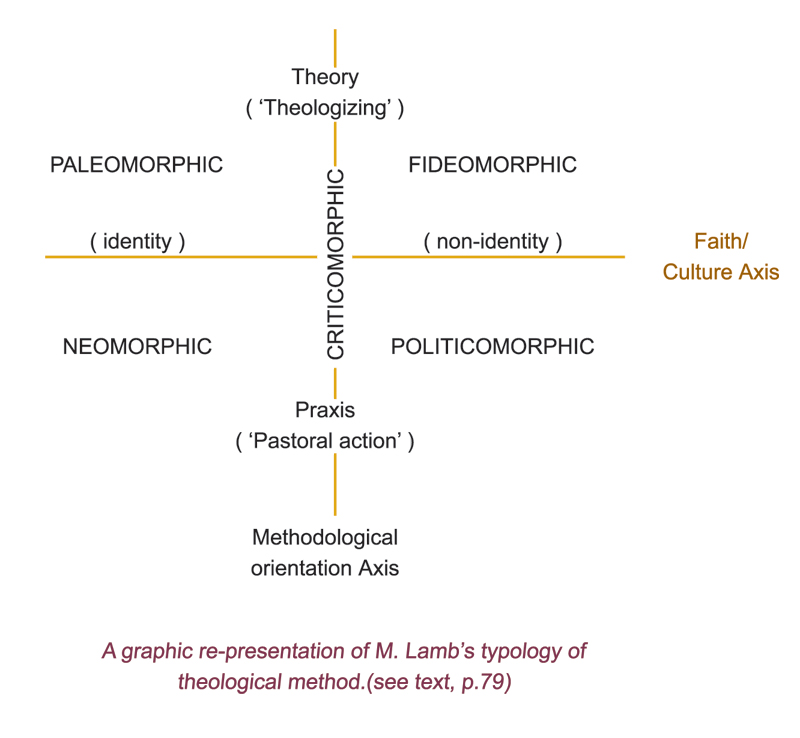The Concluding Problem
The negative character of political theology forms the basis of a fresh problem vis-a-vis its role in the path to knowledge and truths. Does it have any positive content apart from its negative and critical function in society and in the Church? Despite the fact of faith as praxis in Christians who "are always carrying in the body the death of Jesus", will political theology have room to behold the freedom and glory of the kingdom? How does it deal with the stories of the joy of the disciples when they met the Risen Lord in view of the memory of the crucified one? Will political theology admit of a variety of levels of theological discourse, some narrative and some speculative? As every praxis has its moments of transcendental reflection, can political theology be an exception? These are indeed the key issues in the debate within political theology and its relation with the rest of the theological world. To substantiate its claim as the hermeneutical horizon and the fundamental task in contemporary theology, political theology must expound its positive relation with other theological tasks and elucidate the conditions of its truthfulness.
As Metz has pointed out, "the political tendency of a political theology can only be accepted as valid if its theological tendency is valid. The reverse is not true".(22) And how, one may ask, is one to judge the "theological tendency" but in the light of coherence with the body of theological discourses. One is tempted to conclude with the remark that, if Barth's crisis theology revolutionised contemporary ways of theologising by introducing the Trinity to the fore, Metz and Moltmann embody this crisis in the praxis of theology by bringing the Trinity to the fore of revolution.
Figure 1
